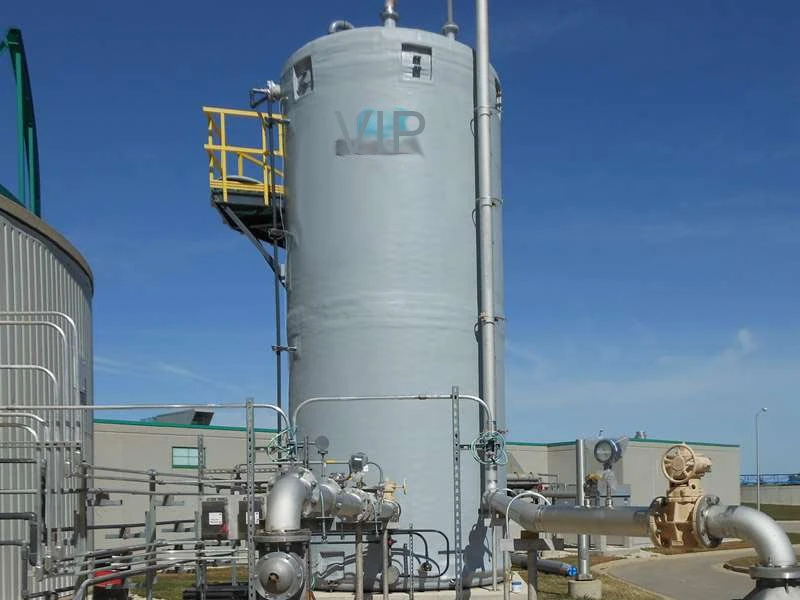
-
 Afrikaans
Afrikaans -
 Albanian
Albanian -
 Amharic
Amharic -
 Arabic
Arabic -
 Armenian
Armenian -
 Azerbaijani
Azerbaijani -
 Basque
Basque -
 Belarusian
Belarusian -
 Bengali
Bengali -
 Bosnian
Bosnian -
 Bulgarian
Bulgarian -
 Catalan
Catalan -
 Cebuano
Cebuano -
 China
China -
 China (Taiwan)
China (Taiwan) -
 Corsican
Corsican -
 Croatian
Croatian -
 Czech
Czech -
 Danish
Danish -
 Dutch
Dutch -
 English
English -
 Esperanto
Esperanto -
 Estonian
Estonian -
 Finnish
Finnish -
 French
French -
 Frisian
Frisian -
 Galician
Galician -
 Georgian
Georgian -
 German
German -
 Greek
Greek -
 Gujarati
Gujarati -
 Haitian Creole
Haitian Creole -
 hausa
hausa -
 hawaiian
hawaiian -
 Hebrew
Hebrew -
 Hindi
Hindi -
 Miao
Miao -
 Hungarian
Hungarian -
 Icelandic
Icelandic -
 igbo
igbo -
 Indonesian
Indonesian -
 irish
irish -
 Italian
Italian -
 Japanese
Japanese -
 Javanese
Javanese -
 Kannada
Kannada -
 kazakh
kazakh -
 Khmer
Khmer -
 Rwandese
Rwandese -
 Korean
Korean -
 Kurdish
Kurdish -
 Kyrgyz
Kyrgyz -
 Lao
Lao -
 Latin
Latin -
 Latvian
Latvian -
 Lithuanian
Lithuanian -
 Luxembourgish
Luxembourgish -
 Macedonian
Macedonian -
 Malgashi
Malgashi -
 Malay
Malay -
 Malayalam
Malayalam -
 Maltese
Maltese -
 Maori
Maori -
 Marathi
Marathi -
 Mongolian
Mongolian -
 Myanmar
Myanmar -
 Nepali
Nepali -
 Norwegian
Norwegian -
 Norwegian
Norwegian -
 Occitan
Occitan -
 Pashto
Pashto -
 Persian
Persian -
 Polish
Polish -
 Portuguese
Portuguese -
 Punjabi
Punjabi -
 Romanian
Romanian -
 Russian
Russian -
 Samoan
Samoan -
 Scottish Gaelic
Scottish Gaelic -
 Serbian
Serbian -
 Sesotho
Sesotho -
 Shona
Shona -
 Sindhi
Sindhi -
 Sinhala
Sinhala -
 Slovak
Slovak -
 Slovenian
Slovenian -
 Somali
Somali -
 Spanish
Spanish -
 Sundanese
Sundanese -
 Swahili
Swahili -
 Swedish
Swedish -
 Tagalog
Tagalog -
 Tajik
Tajik -
 Tamil
Tamil -
 Tatar
Tatar -
 Telugu
Telugu -
 Thai
Thai -
 Turkish
Turkish -
 Turkmen
Turkmen -
 Ukrainian
Ukrainian -
 Urdu
Urdu -
 Uighur
Uighur -
 Uzbek
Uzbek -
 Vietnamese
Vietnamese -
 Welsh
Welsh -
 Bantu
Bantu -
 Yiddish
Yiddish -
 Yoruba
Yoruba -
 Zulu
Zulu
the importance of frp launder in modern water treatment
The Importance of FRP Launder in Modern Water Treatment
In the modern landscape of water treatment, the materials and technologies employed are crucial to the efficiency, sustainability, and safety of the process. One significant innovation that has gained prominence in recent years is the use of Fiber Reinforced Plastic (FRP) launders. These structures play a vital role in various water treatment facilities, significantly enhancing the overall performance of the treatment process.
The Importance of FRP Launder in Modern Water Treatment
Moreover, FRP launders are designed to minimize water turbulence, ensuring a smooth flow during the treatment process. This efficiency is critical in processes such as sedimentation, where the separation of solids from liquids is essential. The gentle flow facilitated by FRP launders helps in achieving a more effective sedimentation, leading to clearer effluent and reduced downstream treatment challenges.
the importance of frp launder in modern water treatment

The lightweight nature of FRP also contributes to easier installation and transportation. This characteristic allows water treatment plants to implement upgrades or modifications more swiftly and with less logistic hassle. As cities and municipalities increasingly seek to modernize their water treatment infrastructures, the adaptability of FRP launders serves as a significant advantage.
Additionally, environmental sustainability is a growing concern in water treatment. FRP materials can be designed to be eco-friendly and energy-efficient, aligning with global efforts to reduce the carbon footprint of industrial processes. Utilizing FRP launders helps facilities adhere to stricter environmental regulations while improving their overall operational efficiency.
In conclusion, the importance of FRP launders in modern water treatment cannot be overstated. Their durability, efficiency, and environmentally-friendly characteristics make them an invaluable asset in the pursuit of cleaner and safer water. As the demand for efficient water treatment solutions continues to rise, incorporating advanced materials like FRP will be essential for achieving sustainable and effective water management practices.









